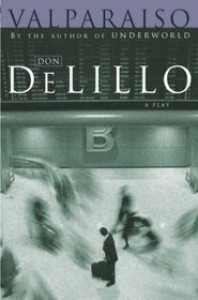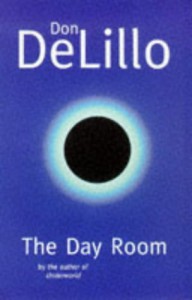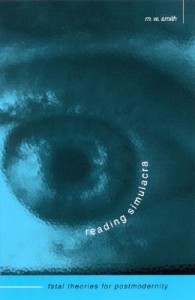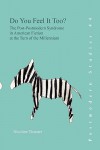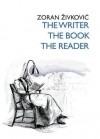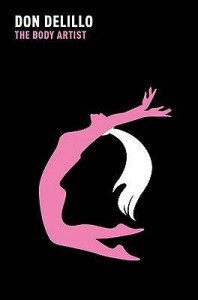
*spoilers*
After the death of her husband, Lauren finds an uninvited guest in the rented house from which she has to leave in few weeks. Lauren came back to that house to sense the presence of a husband who committed suicide one day when he routinely left the house on “business.”
Lauren debates whether to call the police, hospitals, whatever, or just watch the young man for some time. He is weird, and she wants to understand who/what he is. He does not talk much. He does not even know how to talk correctly. She thinks he is an alien, and as the reader will discover, he is a sort of alien in the sense that he does not really belong to this world…
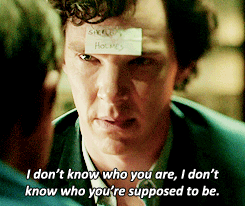
As you may guess, I once again liked this novel. I don’t know, there is something quite unnamed about DD’s writing that attracts me and makes me relate to his characters in a way or another. I feel dumbed down by this context: a world stifled by media, technology, and social networks.
ha! I’m writing in a blog, yes contradiction… but as Heidegger would say, this is the world I was ‘thrown’ in. I didn’t choose it, but I have to advance in it. As do DD’s characters. They try as much as possible to advance, and sometimes they find crazy ways to go on about that.
This is surely to be reread.
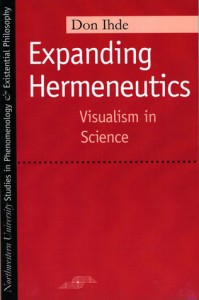

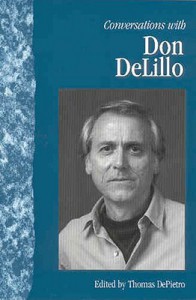
 1
1
 4
4






